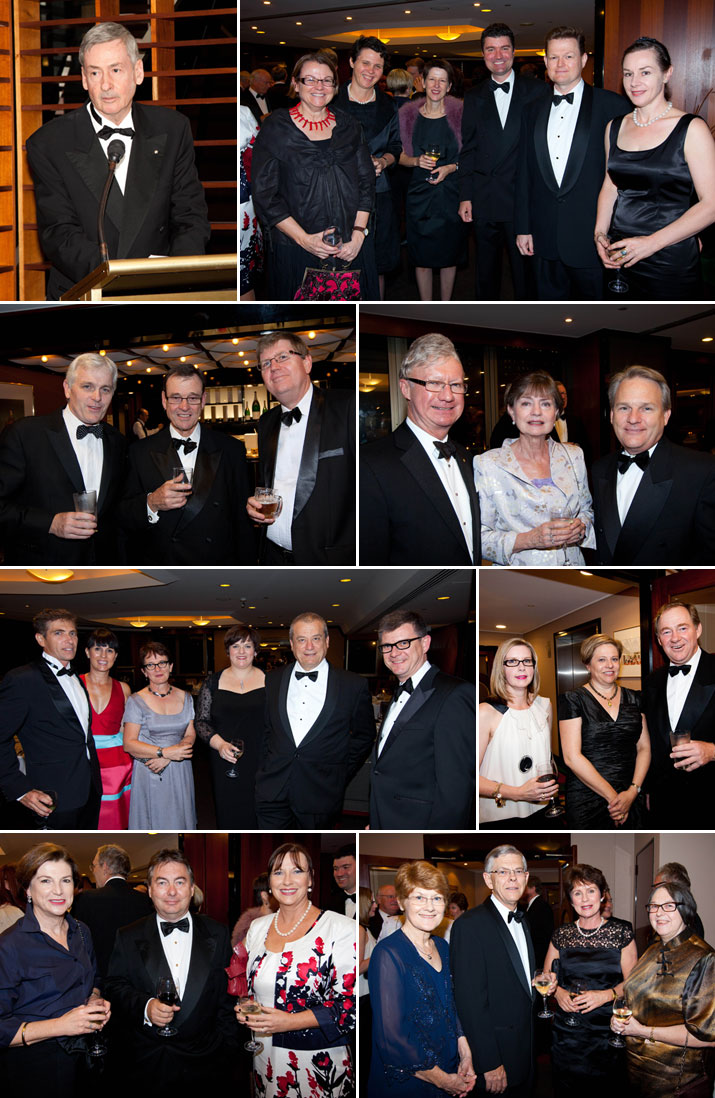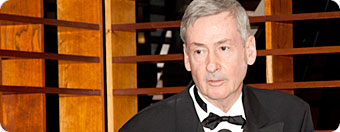Appointment to the ranks of senior counsel confers a badge of professional excellence. It is an achievement of which the appointee, his or her family and friends may be justly proud. Its consequences are felt beyond the appointee’s circle of family, friends and colleagues. The appointment is sure to awaken pleasurable anticipation in the breast of the appointee’s bank manager. He will appreciate that, this is one area in which alchemy really does work. The conferring of silk is in substance an award of gold.
Let me illustrate my point.
In England, Jonathan Sumption QC is reported to have infuriated his future colleagues by informing the government that he was quite prepared to take up an appointment to the Supreme Court when he had a suitable window in his diary. It is said that cabinet ministers seeking to interview Sumption in relation to an earlier appointment were politely informed that he would be happy to meet them at his French chateau. When, obligingly, they presented themselves en Chateau, he met them unshaven and in casual attire.
Sumption is reputed to be charging a fee of to the order of 10 million pounds to represent a Russian oligarch in a High Court trial. He must surely be in Doyle SC’s London Chambers.
Sumption is a most interesting character. He has a library of 7,000 history books. He once said that it was important not to read law at university because it “narrows the mind and blunts curiosity”. True to his principles he read history and taught medieval history at Oxford for four years after his graduation.
A couple of other comments of his struck me as worth filing away. He said,
“In most cases, 99 per cent of the facts are irrelevant, either legally or factually or both… the art of advocacy is to strip those away. When you are down to the last one per cent, the answer should be obvious.”
Another silk who struck gold in his time was Sir Garfield Barwick. Sir Garfield used to tell this story against himself. He was counsel for the banks in the bank nationalisation case; his instructing solicitor was the senior partner of Allen, Allen and Hemsley, Sir Norman Cowper. Sir Norman persuaded Barwick to travel to the Privy Council by ocean liner rather than fly because the banks did not wish to take any chance of an accident befalling their star counsel. On the voyage to London, his every wish was met and often anticipated. When he said that he intended doing a spot of skiing before the start of the case, he was persuaded not to lest a skiing accident imperil his pending appearance in the Privy Council. On leaving the court at the conclusion of the case, Barwick said, “I think that went all right, I trust you will have no objection to now taking my skiing trip”. Sir Norman replied, “Certainly not, you little bastard, you are now perfectly free to break your neck any time you wish”. Barwick’s fee for the case is reputed to have been a lifetime annuity of an undisclosed but undoubtedly substantial sum.
In an address to the New South Wales Bar Association in October 1991 Lord Alexander of Weedon QC, another former star of the English bar, spoke of Sir Garfield Barwick’s address to the Privy Council in the that case. He said that it was the single hour’s advocacy since the Second World War which he would have most wished to have heard. Lord Diplock, amongst others, had described it to him as the best advocacy they had ever heard. Lord Alexander said this, referring to Dr H V Evatt, one time leader of the Labour opposition, Foreign Minister, Barrister and High Court Judge, a brilliant but flawed human being:
“Evatt had addressed the Court with many erudite arguments. Perhaps he had been slightly too lengthy. Barwick rose half an hour before lunch and, from force of personality and, more importantly, by grasping immediately the central issues in the case, he stamped his argument indelibly on the pages of the judgment. No one who heard him ever forgot the occasion. And that is an illustration of instinctive magic, power and force of personality.”
It will not have escaped the attention of some of you that two of the three recipients of silk are female. It is unlikely that his Honour Judge Edward Parry would have approved. In a lecture in Cambridge in 1924, his Honour said:
“Honesty and courage women have: but industry crushes them: wit they admire but do not possess. Eloquence they neglect: judgment they lack: fellowship is alien to them.”
But attitudes were changing swiftly. Only a decade later, Henry Dickson KC was able to write:
“As to whether women are likely to make a real success in the profession in the future, it is rather too early to judge. I have had some experience of their work in the Central Criminal Court of late years: but I prefer to withhold my judgment on such a very delicate question at the present time.”
If the jury was out on that delicate question in this country at any time in the latter half of last century, which I doubt, a clear verdict has long since been returned. But are we now at the stage of having the token male?
One advantage of silk is having a learned junior at one’s side at the bar table ever ready to guide one’s faltering submissions with a lucid and timely note. A significant role of junior counsel is to process facts and law and present them for his or her leader’s consumption in digestible form — quite similar really to the role of the civet cat in processing coffee berries.
The new silks will find that not all notes are helpful. A recent appointee to a superior court at her swearing described an occasion on which she was addressing three crusty old judges in the Court of Appeal just after the finalisation of her divorce. Her junior handed her up a note which, seeking inspiration, she quickly scanned. The note read, “They’re all far too old for you”.
Although appointment as silk is likely to bring golden rewards, it does not confer a silver tongue or even insight into the limits of ones capabilities. The silk, who spoke at the silks dinner in 1986 in Brisbane, the year of my appointment, gave a speech which he did not think was a resounding success. He may not have been alone in that opinion. At the Silks Dinner in Canberra later that year, a southern silk spoke on behalf of the new appointees. His effort, I was told, was embarrassingly bad. He also committed the cardinal sin of speaking too long. He lacked insight and was obviously of the view that his oration rated pride of place in any new anthology of great orations. Our Brisbane silk, a generous spirit, but not overly perceptive on that occasion approached his colleague towards the end of the dinner, patted him on the back and said, “Never mind old fellow, I too made a fearful hash of my speech at the Silks Dinner in Brisbane”.
I will now conclude lest I provoke a reaction akin to that of Lord Brampton who, when asked by his chaplain what he thought of his sermon, responded:
“It was a divine sermon, for it was like the peace of God which passeth all understanding and like his mercy, it seemed to endure forever.”
Our new silks have obtained a professional distinction first bestowed on Sir Francis Bacon by Queen Elizabeth in 1597 and since maintained without interruption. We have gathered tonight to mark and celebrate their achievements.
Please join me in a toast to the new silks.
The Honourable Justice JDM Muir.





